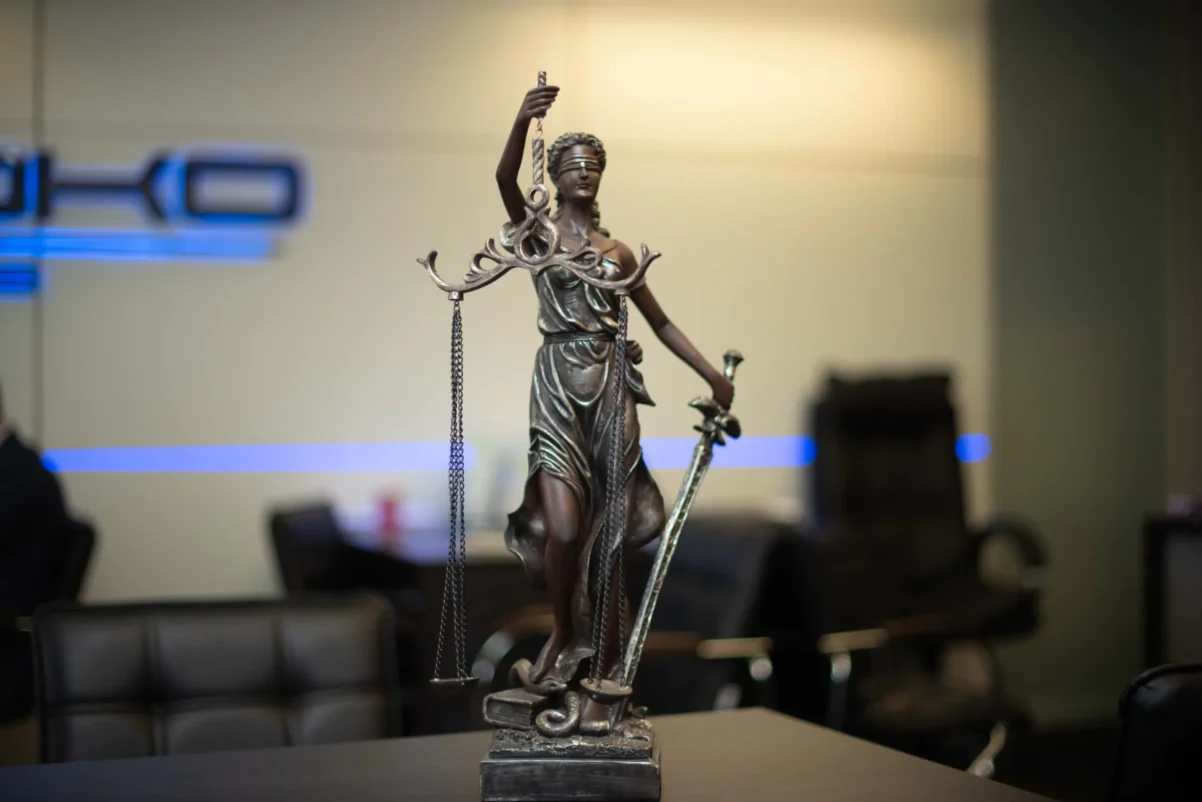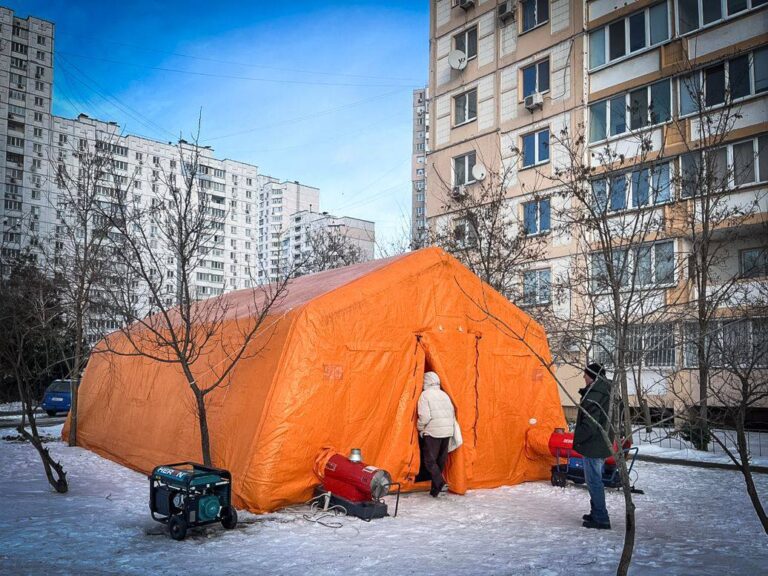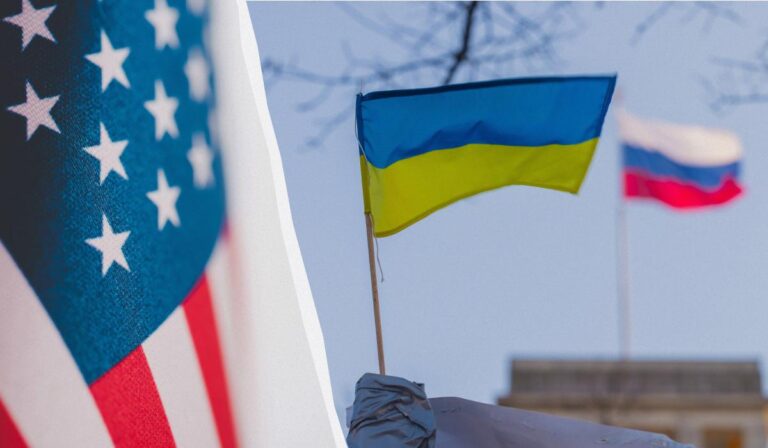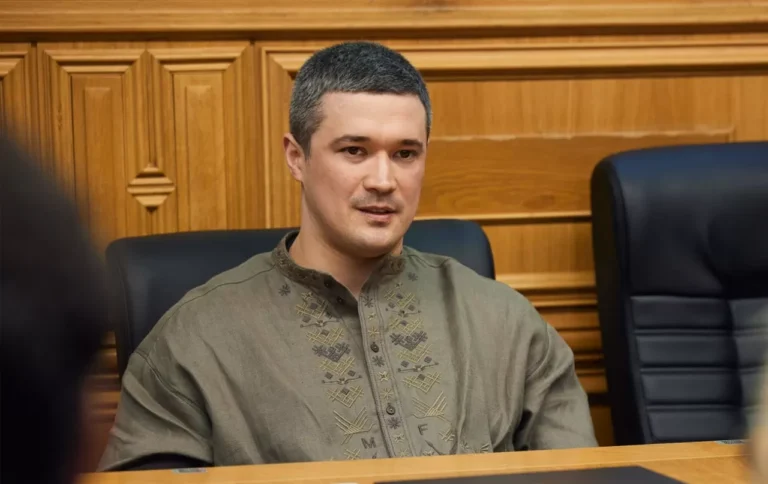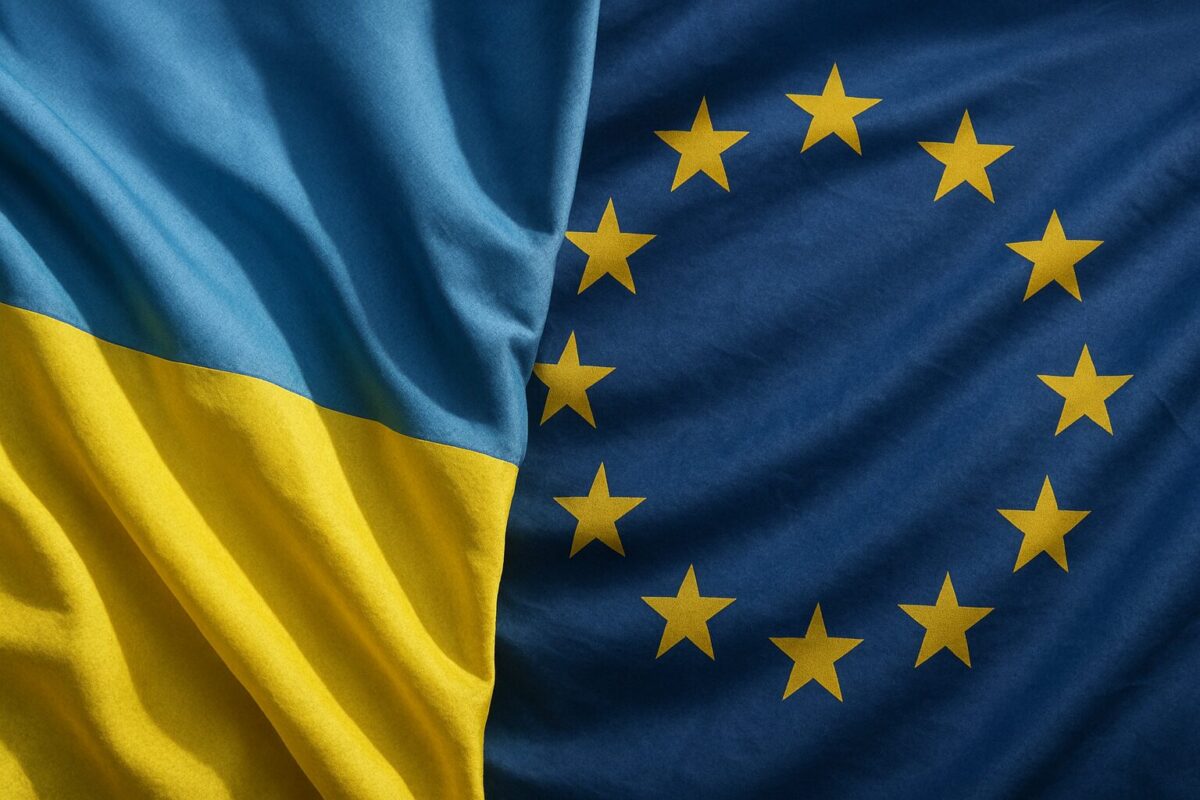
Democracy or Authoritarianism? What Ukrainians Really Think
Half of Ukrainians believe their country is moving toward democracy. Almost as many say it’s shifting toward authoritarianism. What’s behind these contrasting perceptions and what do they actually mean? An analytical deep dive based on recent polling data from the Kyiv International Institute of Sociology (KIIS).
A Country Split: Two Views of Ukraine’s Political Direction
Between May 28 and June 3, 2025, the Kyiv International Institute of Sociology (KIIS) conducted a nationwide survey, asking Ukrainians whether the country is moving toward more democracy or greater authoritarianism.
Here’s what they found:
- 50% believe Ukraine is heading toward greater democracy
- 41% see a shift toward authoritarianism
- 9% are undecided
These figures are more than statistics they reflect how citizens interpret government actions, political trends, and their own roles in society. In a country at war, they also highlight the deep tensions shaping national resilience.
Why Do Some Ukrainians See Authoritarianism?
Among respondents who said Ukraine is becoming more authoritarian, KIIS asked an open-ended follow-up: Why do you think so? The top answers were:
- Restrictions on free speech and pressure on media 18%
- Excessive concentration of power 14%
- General dissatisfaction with government decisions 13%
- Corruption 12%
- Military draft and activities of recruitment centers 12%
- Unspecified violations of rights and freedoms 12%
By contrast, only 4% cited the lack of elections, and another 4% pointed to persecution of the opposition. A mere 1% mentioned the case of former President Petro Poroshenko. These responses suggest that “authoritarianism” is less about textbook definitions and more about personal frustration often tied to day-to-day decisions made by the government rather than any dismantling of democratic institutions.
Perception Strongly Linked to Trust in President Zelenskyy
One of the most powerful predictors of whether people see Ukraine as democratic or authoritarian is their level of trust in President Volodymyr Zelenskyy:
- Among those who strongly distrust him: 82% believe Ukraine is becoming authoritarian
- Among those who somewhat distrust him: 84% agree
- Among those who fully trust him: 76% say Ukraine is becoming more democratic (only 7% see authoritarianism)
- Among those who somewhat trust him: 50% believe in democratic progress, but 41% still fear authoritarianism
In short, the perception of Ukraine’s political direction is closely tied to individual views of the president himself. This reflects a broader challenge: when formal democratic mechanisms like elections are suspended (due to war), democracy becomes a question of political style and personal trust, not only of institutional structure.
Why Do Half Still See Democratic Progress?
Despite the war, mobilization, and public criticism, 50% of Ukrainians still see the country as moving toward democracy. This aligns with previous trends:
In multiple surveys by KIIS and the National Democratic Institute (NDI) since 2022, over 90% of Ukrainians consistently said they want Ukraine to be a fully functioning democracy. Still, there’s a gap between aspirations and lived experience. People may value democracy in principle, but that doesn’t always translate to feeling like they’re part of a democratic system in practice. That makes government communication and accountability crucial especially in wartime.
Perceptions of Authoritarianism Correlate with Readiness for Concessions
Interestingly, the belief that Ukraine is becoming authoritarian correlates with a higher willingness to accept territorial concessions in the war with Russia:
- 32% of those who see Ukraine as authoritarian support recognizing occupied territories as part of Russia
- Another 32% are willing to hand over additional territory, like Kherson or Zaporizhzhia
Among those who believe Ukraine is becoming more democratic:
- Only 15% support such recognition
- Just 9% support further concessions
This data shows that fear of authoritarianism is not always rooted in a commitment to democracy. Sometimes, it reflects political fatigue, fear, or disillusionment. And sometimes, it comes from people ready to give up key parts of Ukraine’s sovereignty.
A Fragmented Picture of What “Authoritarianism” Means
When KIIS analyzed the open-ended answers about authoritarianism, the findings were striking:
- There was no clear consensus responses varied widely and were often vague or emotional
- Many people used “authoritarianism” as a proxy for dissatisfaction, not to describe systemic changes
In other words, many Ukrainians conflate governance style with regime type. They associate any unpopular policy with creeping dictatorship even if key democratic structures remain intact.
Why This Divide Matters
This split in perception is not just academic it poses real challenges for Ukraine’s political future:
- It undermines public trust in institutions
- It creates opportunities for populist manipulation
- It opens space for Russian disinformation and domestic polarization
And yet, it’s also a chance for reflection. If public perception of democracy can shift so quickly based more on emotion than evidence it shows how fragile democratic legitimacy can be, even in a country where the population strongly supports democratic values.
The KIIS poll reveals a complex and conflicted national psyche. Half the country sees democratic progress. The other half fears authoritarian regression. But what truly matters is not just how people answer a survey, but how they define what they’re answering. For some, democracy means a president they like. For others, authoritarianism is anything that causes personal hardship. These blurred definitions are not a failure of the publibut a signal that Ukraine must do more than fight a war. It must defend its institutions, uphold transparency, and communicate more clearly.
Because democracy isn’t just about elections. It’s about trust, dialogue, accountability, and shared ownership of a political process. Without those, even a popularly elected government can be branded as autocratic. And in that case, the fight for democracy becomes as much about perception as about law. Ukraine is not becoming authoritarian. But the fear of authoritarianism is reaand must be understood. Not ignored. Not dismissed. Heard, unpacked, and addressed. Because in times of war, the trust between people and the state is the most valuable form of national security.



